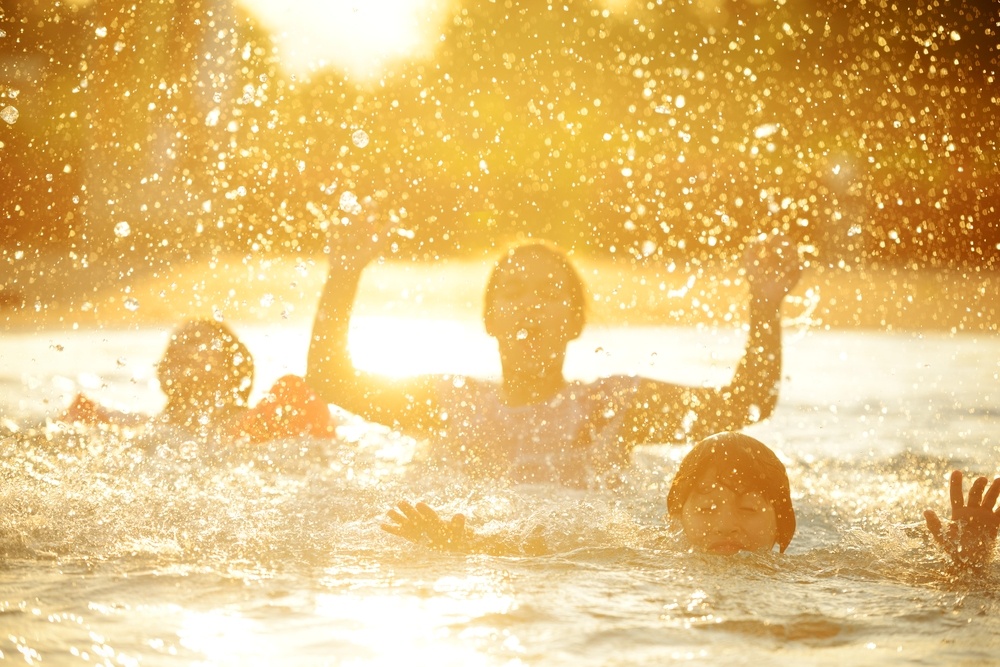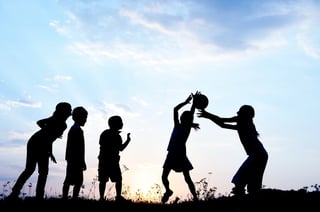
Best Claim Handling Practices for Camps, Children and Summertime Fun
 Children love to attend summer camps. It’s always a challenge, though, for the camp to be responsible for children and their safety. They are held in the public eye to a much higher standard than normal. Children are our precious, innocent and vulnerable creatures. Juries will certainly confirm this fact by handing out extremely high awards for claims involving children.
Children love to attend summer camps. It’s always a challenge, though, for the camp to be responsible for children and their safety. They are held in the public eye to a much higher standard than normal. Children are our precious, innocent and vulnerable creatures. Juries will certainly confirm this fact by handing out extremely high awards for claims involving children.
Today, there is a multitude of different kinds of camps – sports, girl/boy scouts, faith-based, specialty (like wrestling, theater, horse riding, even circus skills), and special needs. Camps are fun, however, they create a whole new set of potential claims.
According to the American Camp Association Data and Statistics:
-
86% of camps offer recreational swimming
-
63% offer camping skills
-
47% offer climbing/rappelling
-
34% offer horseback riding
-
75% teambuilding
-
41% community service
-
23% farming/ranching/gardening
-
21% wilderness trips (2017 ACA Sites, Facilities, Programs Report)
Accidents range from mild to extreme: bug bites, animal bites, scrapes and scratches, injuries from outdoor games and sports, campfire burns, swimming accidents, as well as child abuse (physical, sexual or verbal).
These activities can result in illnesses, head injuries, drowning or near drownings. When these accidents involve a minor, a timely and thorough investigation should be conducted by a claims specialist with the training and experience to handle these types of claims.
Pool Drowning
Obviously the most danger comes when children are swimming. Near drowning often results in permanent injuries and unfortunately drownings happen even at camps that have taken all the necessary precautions.
Recently I administered a claim where an experienced lifeguard at a pool was watching a 15-year old swimmer prepare for a competition while in 4 feet of water. She lost her hair tie in the pool and told the lifeguard that she was diving down to retrieve it.
Once in the water, she stopped moving; he retrieved her immediately, but it was too late; she had died. The lifeguard had followed all standard protocol.
Because of our thorough investigation, we discovered that she had fallen a few days earlier while on a trampoline and injured her ribs. This led us to discover a phenomenon identified by a doctor on the east coast where experienced swimmers can die from holding their breath repeatedly and creating deprivation of oxygen thus resulting in death.
Without proper claim handling and investigation, the trampoline incident would not have been uncovered. Investigation in these types of claims is crucial.
Here are five key steps to follow when handling claims involving summer camp injuries.
#1 Documentation is Key

When investigating any type of loss be sure to obtain all documentation such as logs, daily activity charts, sign-up sheets, permission slips and enrollment paperwork (e.g.,medical records) for that child. Camp counselors are required to constantly keep track of each and every child.
Documentation in these circumstances is key. Also, check to be sure the camp did their due-diligence in performing background checks on all employees.
#2 Statements
Obtain statements from all camp counselors immediately. Once summer is over, they go back to school, and it can be hard to track them down for follow up questions. It’s important to understand everything that happened prior, during and after the accident. Was proper protocol followed?
#3 Video and Pictures
As with any claim, check to see if there is video. Get good scene photos as well as a map and diagram of the camp and area where the loss occurred for good visual.
Keep in mind that the environment changes year to year, so timing is everything. Acquire photos of the location that show clearly marked First Aid kits and emergency lifesaving equipment in addition to signs with warnings, rules and regulations.
#4 Documentation of Procedures
Obtain a copy of the camp rules and safety guide as well as their procedures in the event of a claim/injury. When collecting statements from the counselors, verify that they are fully aware of protocol and that they followed it at the time of injury.
Sometimes the counselors will have to read a Procedure Guideline and sign a statement sheet confirming they read it and agree to it. If so, obtain a copy of that slip. I have seen plaintiff attorneys show the jury that the camp did not follow their own protocol which can be very damaging.
#5 Counselor to Child Ratio
Check and confirm the counselor to child ratio to be sure they meet the requirements. Supervision is dictated by each state and can be a good defense if the insured was compliant. Injuries most often occur while the children are being supervised. Was there negligence in providing proper supervision?
Conclusion
Accidents happen – that is a fact. When minors are involved, a timely and thorough investigation should be conducted by a claim specialist with proper training and expertise in handling these claims.
Once an accident has happened, were the rules and proper protocol followed? Proper claim handling includes a detailed investigation with obtaining documents and timely statements as well as scene photos and diagrams. All this will assist the claim specialist in making the right decisions and uncovering all the facts related to the accident.


